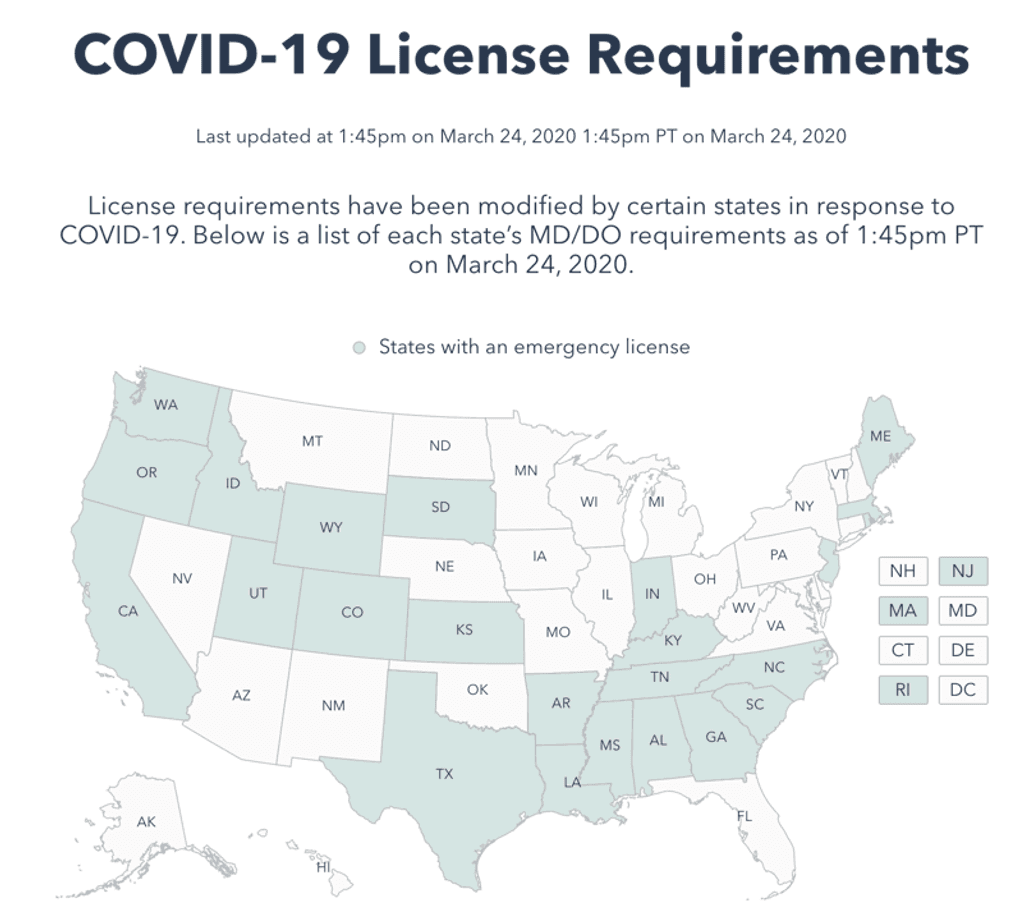
Manage Your Provider Network

Centralize provider data to ensure compliance and operational efficiency.

Continuously track provider sanctions, exclusions, and licensing to mitigate compliance risks.
Get Billable

Automate applications, payer follow-ups, and notifications for seamless enrollments.

Automate delegated credentialing to NCQA standards with compliance-driven workflows.
Get Credentialed

Reduce redundant credentialing events and lower administrative costs for participating payers.

Streamline credentialing to NCQA and TJC standards from PSV to committee management.

Accelerate privileging with automated workflows and seamless hospital coordination.
Get Licensed

Expedite provider licenses with automated applications, renewals, and live tracking.

The First National Credalliance
Cutting $1.2B in redundant credentialing costs for payers
Industries We Help

Accelerate time-to-revenue with end-to-end enrollment and credentialing automation.

Manage your provider networks with lower costs, better satisfaction, and higher quality.

Accelerate onboaring and improve satisfaction with end-to-end credentialing and enrollment automation.

Support your clients and get them get them credentialed and in-network fast.

Scale your network faster with automated licensing, credentialing, and payer enrollment.
Teams We Help

Eliminate manual work and reduce costs with automation that scales as you grow.

More than just software—get automation plus expert support for complete provider management.

Faster, more accurate, and fully integrated—credentialing and compliance, redefined.

Talk to our experts













